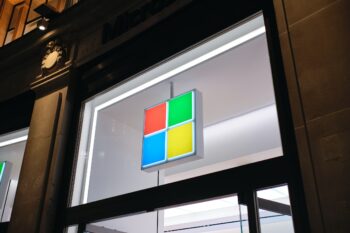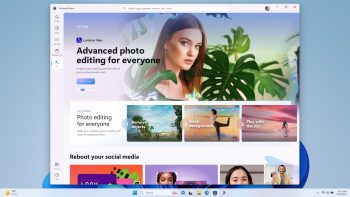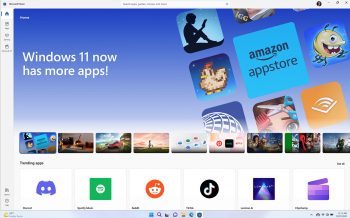Microsoft offers ‘Arm Advisory Service’ for developers
To bolster the development of native software for Arm-powered PCs, Microsoft has unveiled its "Arm Advisory Service for developers".
The new initiative aims to ensure app compatibility for Windows on Arm, a version specifically designed for the processor architecture.
Microsoft’s announcement comes in response to research from analyst firm Counterpoint which predicts a substantial rise in the marketshare of Arm-powered PCs, from 14 percent to 25 percent by...


















Recent Comments